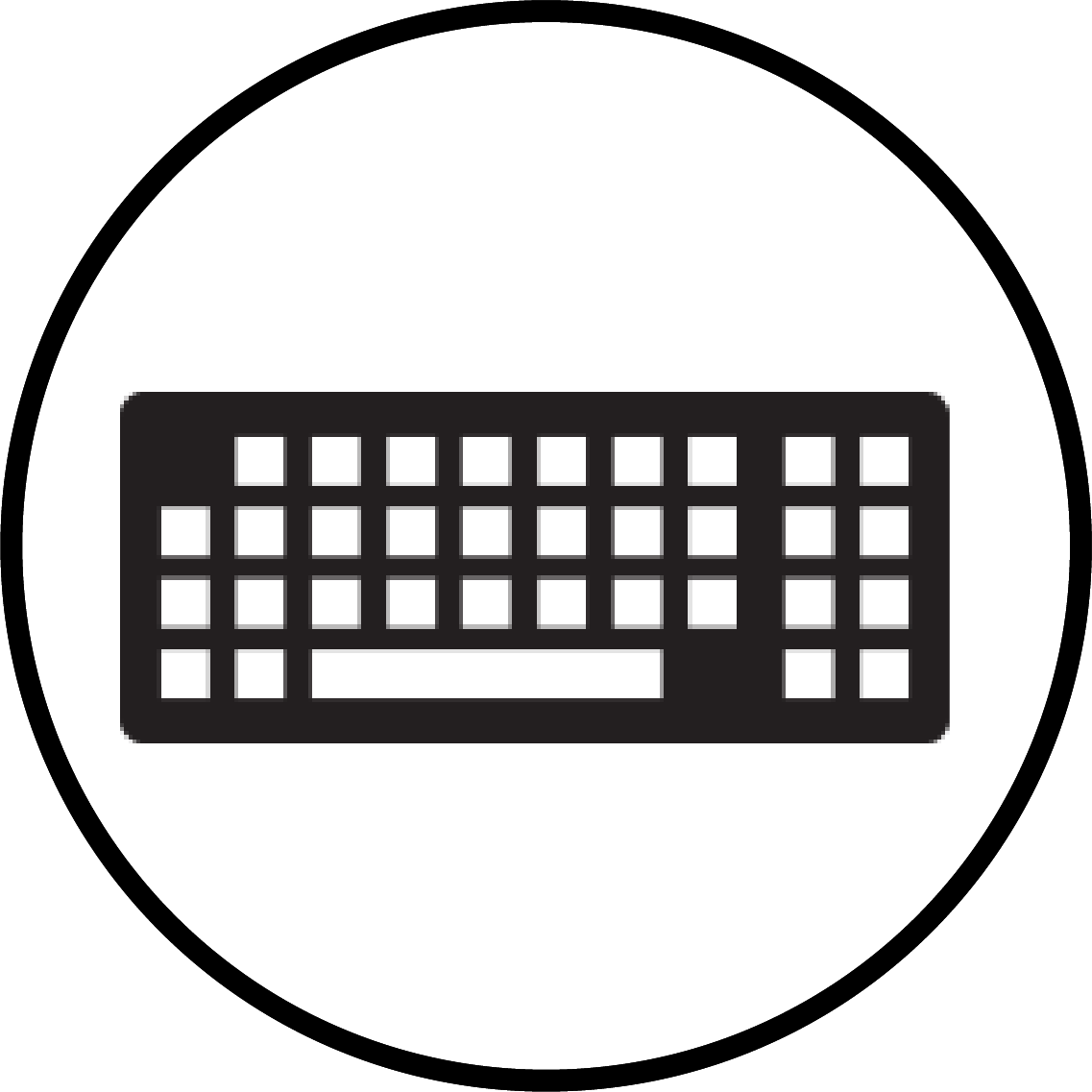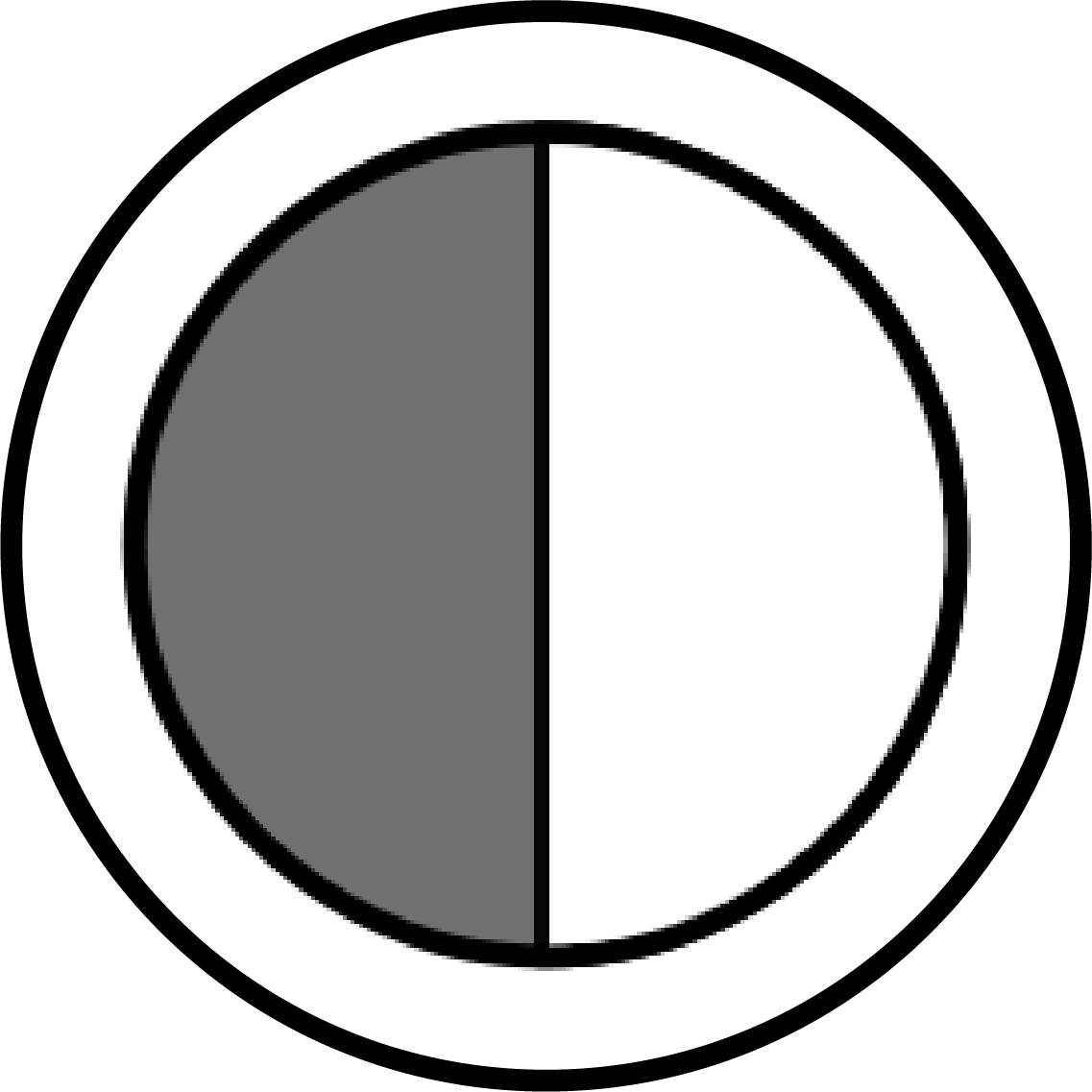
Wide Media Coverage on Unrecognized Villages in Russian Media
International Russian news outlets have recently published numerous articles covering the unrecognized villages in the Negev, following a field tour organized by the Mossawa Center on Thursday, January 18, 2024, for a group of Russian journalists. The tour aimed to shed light on the challenges faced by Arab citizens in the Negev. The tour covered several villages in the Negev region, documenting the difficulties resulting from discriminatory policies towards unrecognized villages. It also highlighted the neglect and disregard these villages have faced during the war by Israeli government entities and media.
The tour commenced with a visit to the village of Al-Araqib, where Sheikh Sayah Al-Turi presented the village's case and the daily challenges faced by its residents. He elaborated on the ongoing struggles against continuous state-run house demolition policies and the restrictions such a policy imposes on all aspects of life, aiming to displace them from their lands. In this context, Sheikh Sayah Al-Turi provided historical background on Al-Araqib and asserted their rights to the land. The group then toured the village with Aziz Al-Turi to document and introduce the journalists to the conditions of the village, most of which has been demolished.
The media delegation proceeded to the village of Al-Zarnuqa, near Rahat, conducting a journalistic interview with the residents to understand the impact of the war on their daily lives. Meeting Sheikh Ali Al-Ziadneh in his home, they learned about the village's situation since the war. He talked about the kidnapped family members, Yousef Al-Ziadneh and Hamza Al-Ziadneh, urging for their release, especially considering their chronic illnesses. The journalists conducted interviews with Bilal Al-Ziadneh, who was previously abducted on the 7th October events and released in an exchange deal.
The media delegation learned about the work of the Women's Association in Al-Laqiyya village, where journalists were introduced to the art of traditional embroidery and the association's activities to enhance women's status in society. Mrs. Naama Al-Sana explained the women's initiatives undertaken by the association during the war for the children in unrecognized villages. She also discussed the challenges facing Arab women in the Negev.
During the visit to Al-Dreijat village, the journalists seized the opportunity to discuss the economic and social situation in unrecognized villages and Arab towns in the Negev with Knesset member Yusuf Al-Atawneh.
Mossawa Center's Community Action Coordinator, Costa Jarjura, emphasized the importance of consolidating efforts to support the Arab community in the Negev amid the challenges they face. He stressed the need to counter incitement against the Arab community in general and in the Negev specifically. He called on all organizations and individuals to provide any possible support to secure the rights of the Arab community in the Negev.
Hussein Halaj, the Media Coordinator for the Mossawa Center, added that this media tour is a significant opportunity to disseminate information about the reality of life in the Negev, especially in unrecognized villages. The importance of this tour lies in acquainting local and international media with the issue of unrecognized villages, highlighting the challenges and discriminatory policies faced by residents, and emphasizing the importance and necessity of internationalizing the issue of unrecognized villages.

























